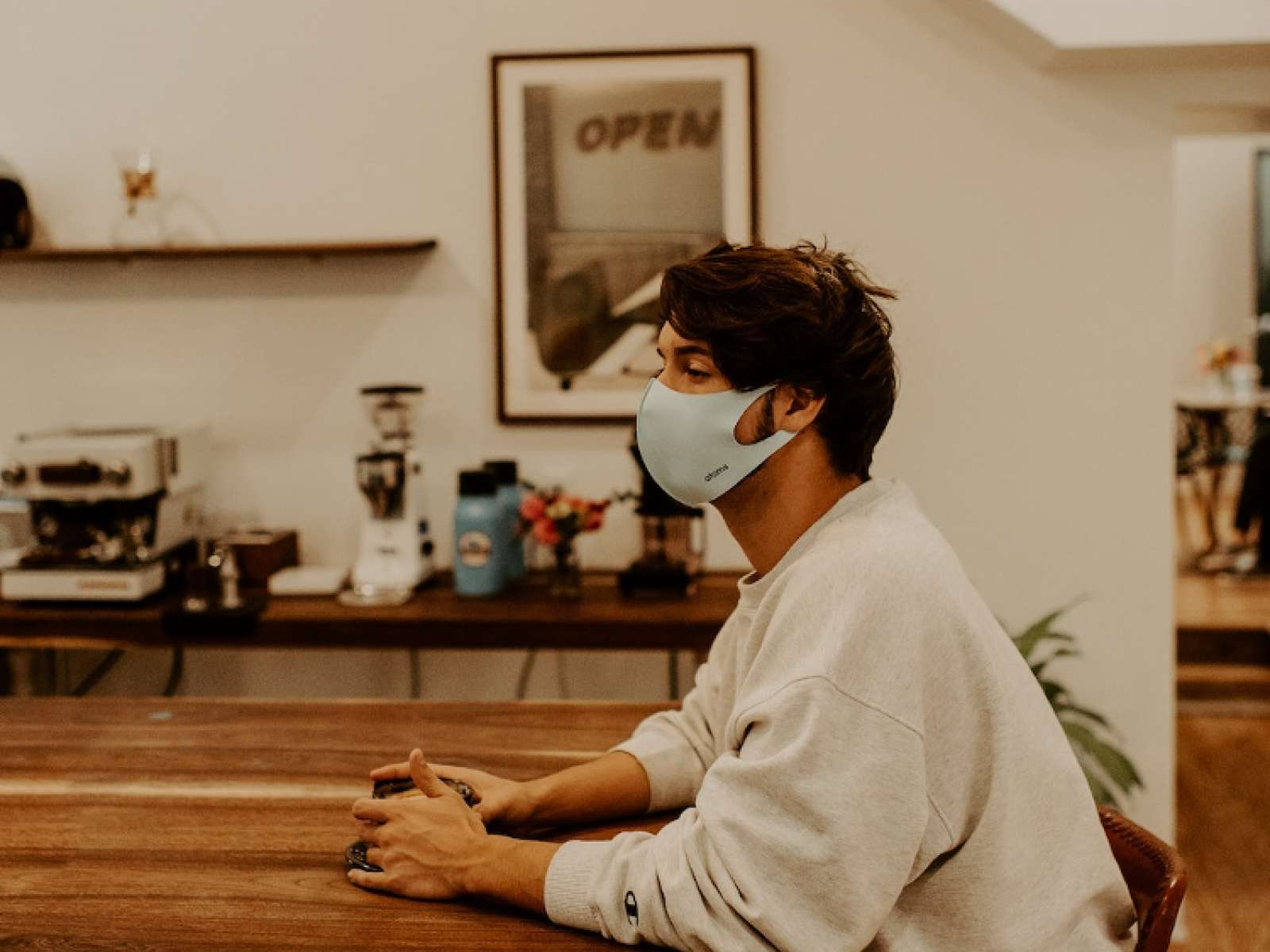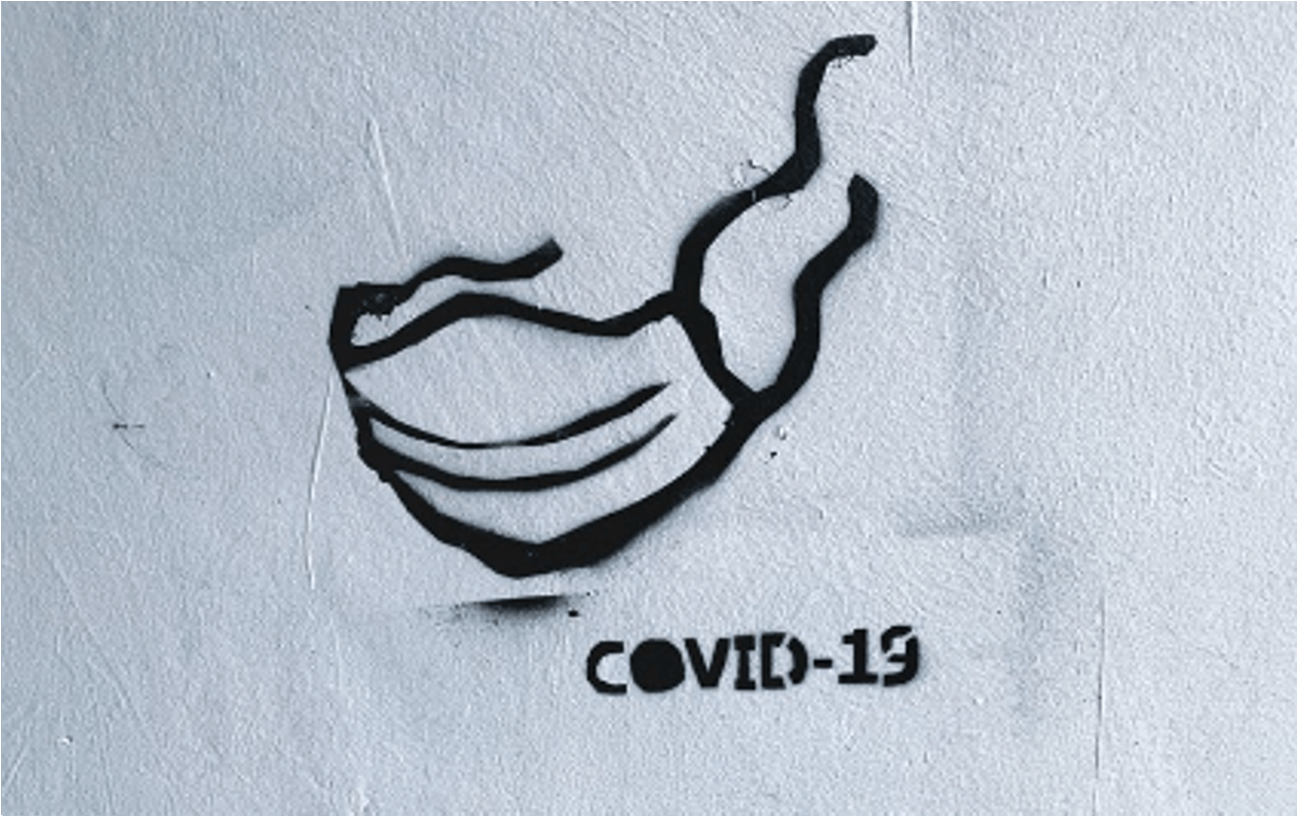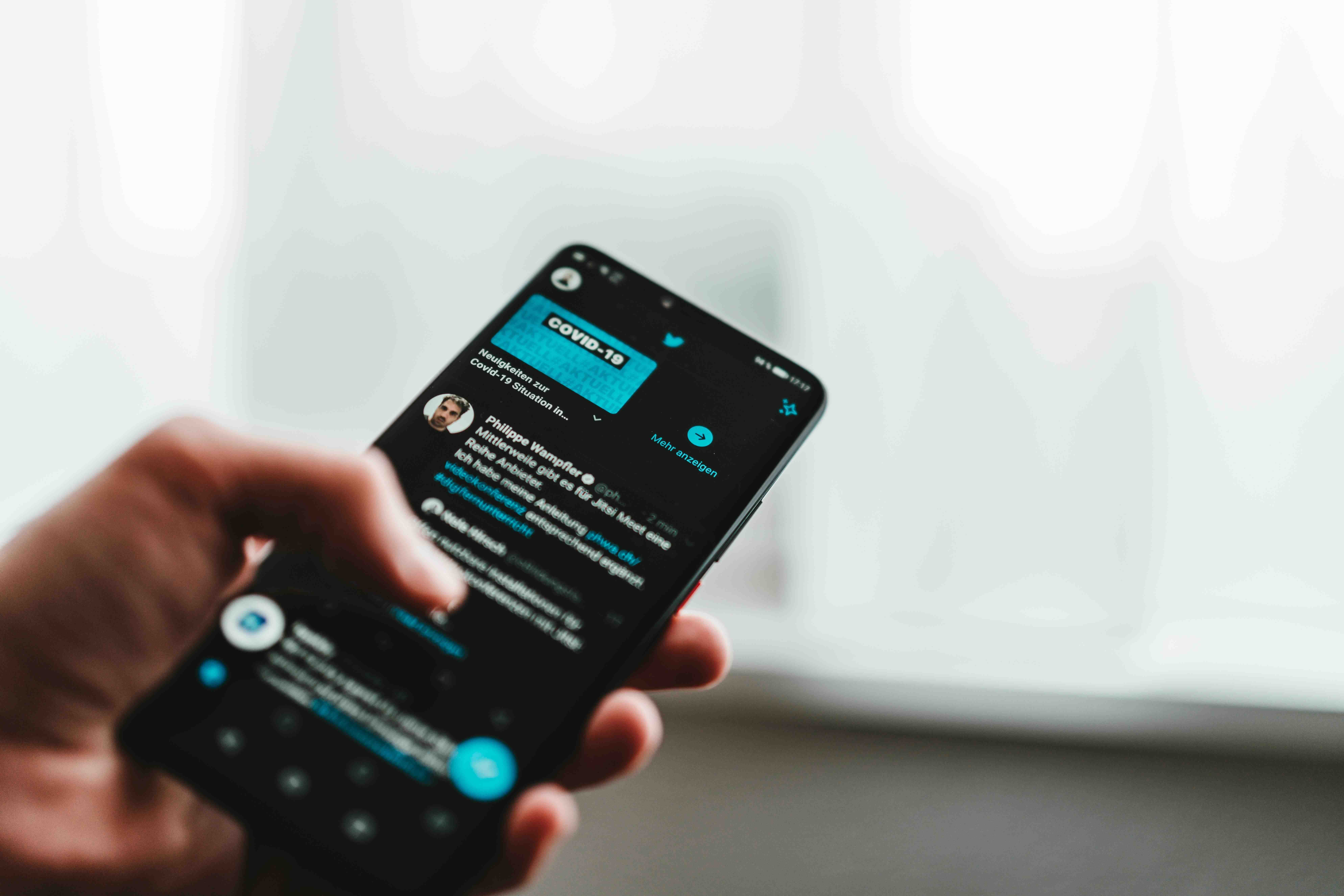
Photo by Devon Divine on Unsplash
What happens when the whole world suddenly comes to a standstill is something we could neither have imagined nor wanted a few months ago. In a very short time, the Covid-19 pandemic has changed our personal and professional lives in a drastic way that most of us probably did not expect at first. Like you, we have followed the spread of the corona virus and the disease it causes around the world since the first cases appeared in Wuhan at the end of December 2019. It was only gradually that the scale became more tangible. Public institutions such as schools and kindergartens, as well as social events such as meetings, concerts, cinemas, restaurants, hairdressing salons and many other shops around the world had to be closed. Many national borders were sealed off and travel was severely restricted. For many employees, normal working life has become a distant prospect. "Social Distancing to flatten the curve" has gone from an initial buzzword to a regular practice in our lives. In many ways, society as we know it will probably never be the same after Covid-19.
In the short term, this will cause enormous damage to businesses that rely on large numbers of people. Not to mention the stress placed on parents who have to home-school their children, people who have to care for elderly relatives and all those who do not have a financial cushion to cope with prolonged fluctuations in income. Conversely, we will see an explosion of new services, in what is also known as the 'shut-in economy'.
Think globally and develop quick solutions
But every crisis also offers a green field for all those who are working on new solutions and technologies and who see the threat as an opportunity to develop innovations. Almost no area of the economy has remained untouched. In this exceptional situation, which has lasted for many weeks, new, creative ideas are bubbling up. Global networking enables people to work under high pressure, regardless of location, to develop new technologies and solutions to test more people for the virus, treat infected patients and possibly cure them. And ultimately to stop the spread of the virus and further threatening pandemics.
How can we live in this changed world after such profound disruption? Part of the answer must undoubtedly be better healthcare systems, with specially trained pandemic response teams that can act quickly to contain outbreaks before they spread globally. More flexible systems need to be created, where the production of medical equipment, test kits and necessary medicines can be ramped up quickly in the event of an emergency. These will come too late to stop Covid-19, but they will help in future pandemics. We would like to present you some innovative projects that have been developed and are already being used successfully during the Corona crisis. They have already been able to do their part in slowing down the spread of the virus and providing rapid help to all the helping everyday heroes and sick people. Every good idea has the great potential to prevent new infections and thus save human lives every day.

Photo credits: Adam Niescioruk
Bosch - Covid-19 rapid test
Time is one of the critical factors in the fight against the spread of the coronavirus. In many places, patients who have been tested still have to expect a waiting period of 1-2 days. In just 6 weeks, Bosch was able to develop a fully automated rapid test that provides a result after 2.5 hours as to whether an infection with the coronavirus SARS-CoV-2 is present. The molecular diagnostic test is evaluated using the Vivalytic analyzer from Bosch Healthcare Solutions and is a tremendous support for medical institutions. Long transport routes and waiting times are eliminated, as reliable and rapid diagnosis can be made directly on the spot during clinical treatment.
reflecta.network - platform for changemakers
The reflecta.network is a networking, information and professionalization platform for all those who dare to address the pressing questions of our time and who would like to actively participate in more self-reflection in society. Through targeted networking of "changemakers", skills sharing and knowledge transfer, personal and social challenges can be solved more quickly. In addition, civil society, (social) economy, (social) enterprises and municipalities are brought into a fruitful exchange.
The platform also offers up-to-the-minute networking and exchange opportunities to further halt the spread of the coronavirus. The rapidly growing network accompanies innovative approaches to solutions in the fight against Covid-19, connects social actors with each other and thus systematically promotes social change. The network is based on the premise of shaping a sustainable society that lives and operates together and includes all stakeholders. In which fair treatment of all living things is a matter of course and where it has been recognised that all areas of life belong together: the ecosystem, the economic system and our social fabric.
Decathlon - Respiratory masks thanks to 3D printing
More than 500 snorkeling masks from the French sports equipment manufacturer Decathlon have been transformed into respiratory devices using a specially developed process involving 3D printing and are currently in hospital use for patients suffering from corona in particularly badly affected regions in Italy. The masks, which are actually sold to holiday snorkelling fans and cover the face completely, were quickly converted by the Italian company Isinnova. The company was provided with the CAD model of the mask by the sports brand, so that the necessary adjustments could be made quickly in the practice and a component essential for ventilation, the so-called "Charlotte valve", could be added. This valve was produced in a rapid process using a 3D printer. In times of crisis, when there is a bottleneck, the mask replaces conventional ventilation masks in clinical practice and saves lives.
German Federal Government - Hackathon #WirvsVirus
In times of social distancing, digitisation enables us to stay connected, offers new opportunities to establish and maintain social contacts and to analyse important insights based on data that can improve our lives. Under the motto #WirvsVirus, a major digital programming competition was held at the end of March to find solutions to the corona pandemic. More than 23,000 people became active: programmers, designers, students and many other socially committed citizens, who spent two days online to exchange ideas and work together to develop working solutions and first prototypes. From the approximately 3,000 initial "challenges" in connection with Covid-19, around 1,500 projects with initial approaches to solutions were developed, primarily for the following areas:
- Improving the management of scarce hospital resources
- Digital recording and transmission of new infections
- Distribution of food and harvest aid
- Mental health in times of social isolation
The Federal Government is now examining all projects and will publish them promptly on YouTube so that work on the prototypes can be continued quickly and unbureaucratically. In addition, a jury consisting of members of the federal government, civil society and the tech community will award prizes to projects that stand out in particular. Other countries want to follow the German hackathon example.
#WirVersusVirus Hackathon der Bundesregierung
Self-diagnosis Apps from Apple & Co.
Many people are currently wondering whether they have already been infected with the corona virus. However, due to the overload of the health care systems a quick test is not possible in many places. The COVID-19 app recently launched by Apple not only contains constantly updated information from trusted sources that inform users about the corona virus, but also has a self-diagnosis screening tool that can be used to test if you show suspicious symptoms. This involves asking a number of different questions about health status, social contacts and possible acute symptoms that correspond to the clinical picture. Based on the results, the app gives concrete behavioural recommendations on what one should subsequently do for oneself and to protect one's environment and whether a coronavirus test is necessary. Currently, the app is only available in the USA, but a slim screening tool is now also available in German on Apple's website. A similar application offered by the Charité hospital in Berlin, which also contains a questionnaire, is the CovApp. It helps to assess the necessity of a visit to the doctor and a test and gives concrete recommendations for action, contact persons and contacts as well as a summary of the collected data from the questionnaire.

